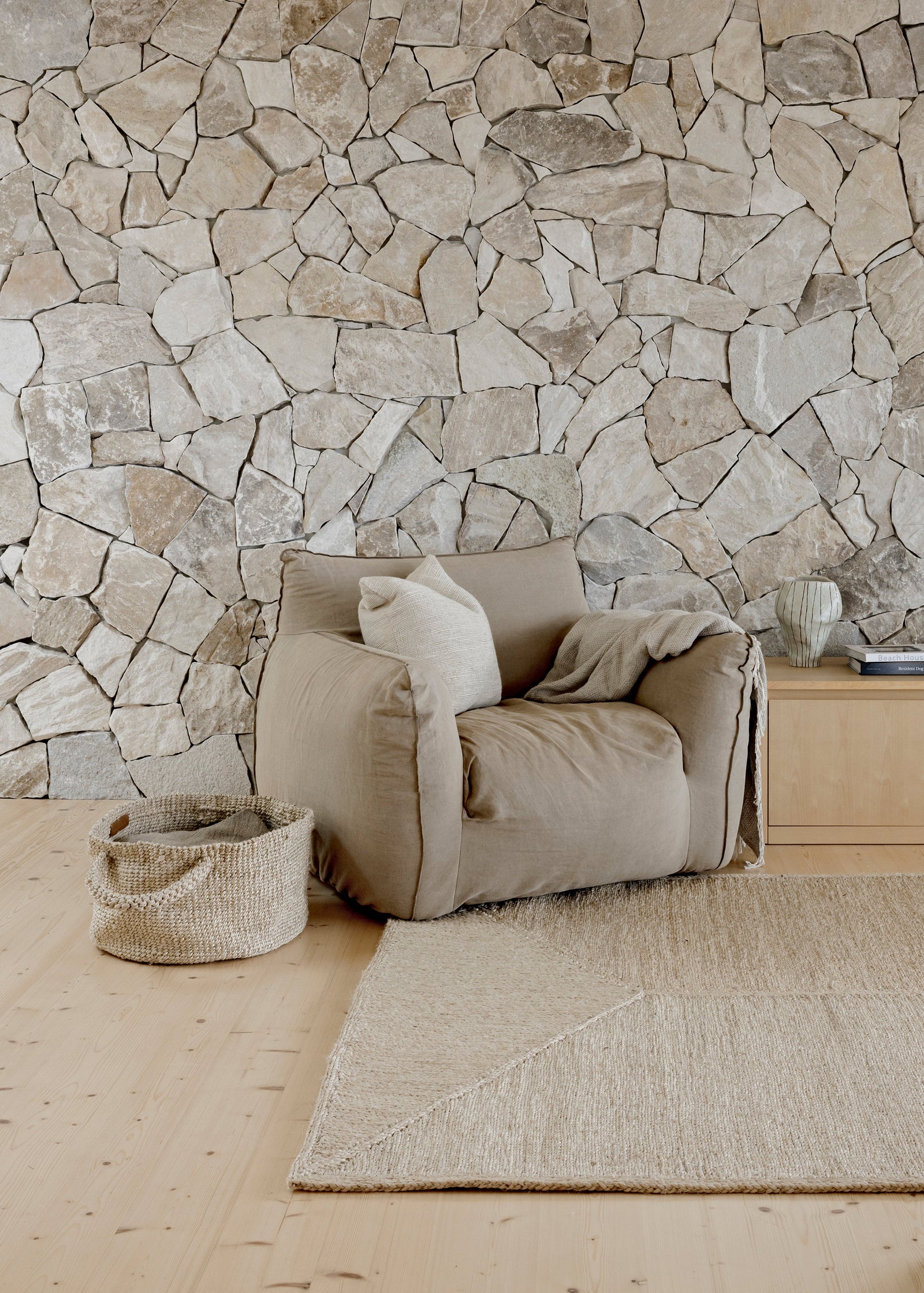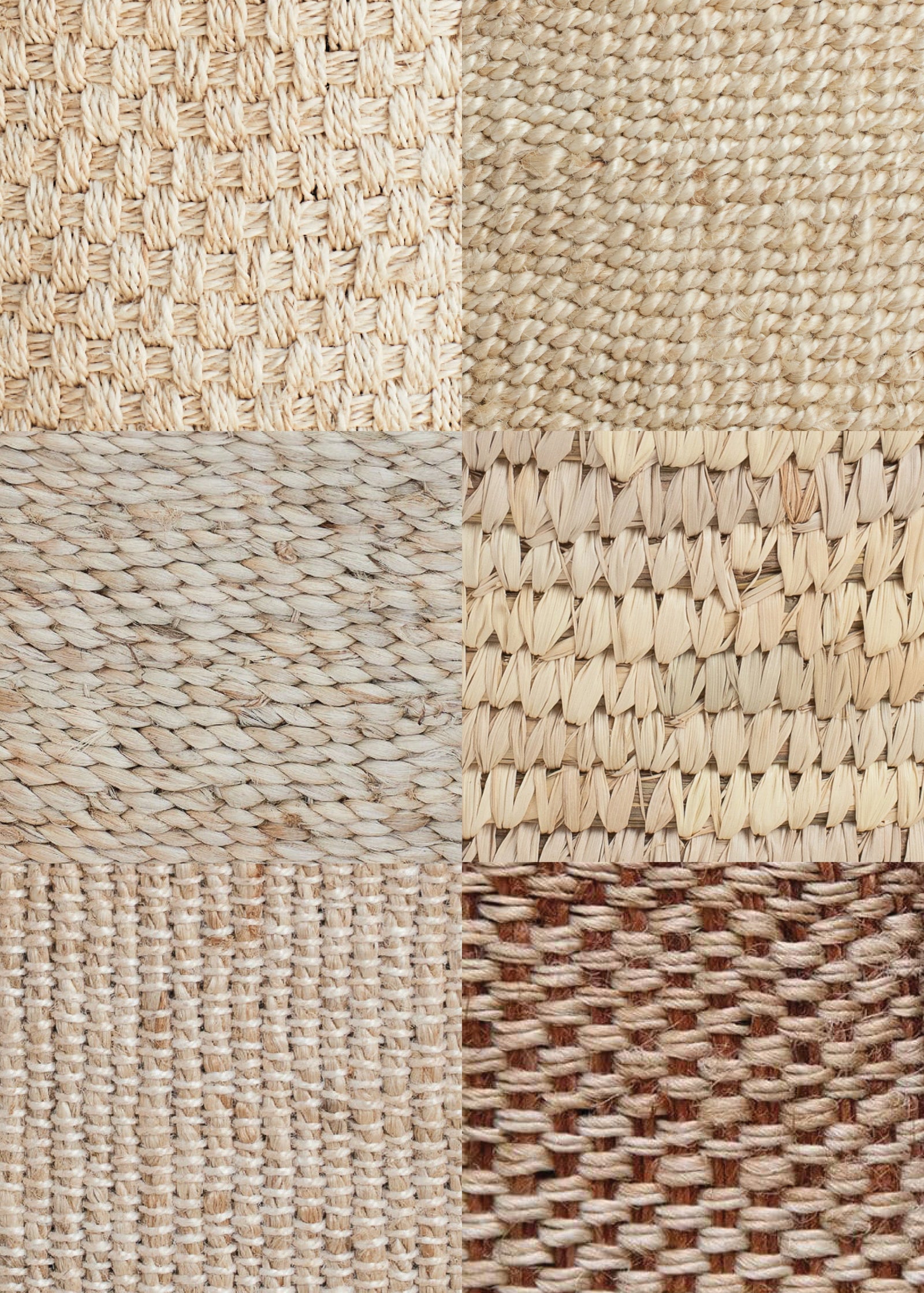Wall Art
Baskets
Rugs
TABLEWARE
Textiles
LIGHTING
DECORATIVE
BAGS
5 Things You Need To Know About Our Artisans

Each and every piece in our collection is carefully handmade by our highly skilled artisan partners. From the way we design our pieces to our long term commitment to their wellbeing and empowerment, the artisans who make our collection have always been the purpose behind everything we do.
By practicing genuine Fair Trade, we are able to make a positive and meaningful difference to their lives, and the lives of their children and community. In this journal post, we have shared some key highlights about our artisans, how they work and how our partnership is truly mutually beneficial.

1. THEY ARE EXPERT CRAFTSWOMEN
Every piece in our collection is meticulously handmade by our highly skilled artisan partners. In some communities where our products are made, traditional craft skills have been passed down through several generations, preserving these skills so they are not lost for future generations. These include age-old techniques such as weaving on wooden or backstrap looms and natural dyeing that offer a meaningful story behind each piece.
Where women in remote villages don’t have existing craft skills, our Fair Trade NGO partners identify highly skilled and experienced artisans to train the women in their communities. Those who are eager to learn and earn a fair wage are trained for two years in skills in order to achieve high quality craftswomanship, including weaving & stitching by hand and macrame. Regardless of how they begin, every artisan has become an expert in bringing our designs to life, creating the beautiful pieces in our collection.
2. THEY SET THEIR OWN PRICES
Working closely with the non-profit Fair Trade organisations that support and represent them, each artisan group is involved in setting the prices that we pay for our pieces. They determine how much time and skill goes into making each design, while the organisation is responsible for managing the cost of the materials used in the designs. Together, they decide on the best price for each piece and we accept their prices without negotiation.
Being paid fairly is one of the most effective ways of breaking the cycle of poverty for artisans in marginalised communities. Across 18 years of trading fairly at The Dharma Door, we have seen incredible changes in artisans communities where the women who make our products have been able to rebuild their homes, pay for secondary and tertiary education for their children, afford medical care for their families and so much more.

3. THEY WORK FROM HOME OR IN SMALL VILLAGE WORKSPACES
As part of our commitment to support artisans for the long term, we recognise the importance of keeping families together by making sure they have flexible working arrangements. For this reason, many of the women who handcraft our designs work from their homes, often on a verandah alongside other women in their family - mothers, daughters, sisters, and aunties. To protect our pieces while they are crafting them, they sit on a woven mat over a plastic sheet. This allows them to care for their children and take care of daily family life around their work.
Where this isn’t possible, our partner organisations have built small, safe workshops within the artisans communities where the women come to work together each day. There is always a sense of joy and camaraderie in these spaces as the women chatter and laugh while making our pieces.

4. THEY ARE EMPOWERED THROUGH FAIR TRADE
Genuine Fair Trade relationships are about so much more than the artisans being paid a fair price. To truly empower each woman, our partner organisations (who are members of the World Fair Trade Organisation) take a holistic approach. A superannuation fund is established for every artisan and they are taught skills in how to manage their money; some groups have self-managed savings & micro-credit programs; and the artisans are shareholders and receive an annual dividend in other groups.
Hailing from some of the most disadvantaged and patriarchal communities in Bangladesh, India and Africa, the women who make our products are often restricted by cultural expectations, discrimination and poverty. Once they start earning a living wage through their craft skills and often become the main earner, the way they are perceived within their families and by the men and elders in their villages slowly begins to change. This paves the way for greater respect and for these talented women to be involved in important family and community decisions, including how their well-earned wages are spent.

5. THEY USE LOCALLY-SOURCED, SUSTAINABLE MATERIALS
When we design each piece, we are mindful of selecting natural materials - such as jute, hemp, palm leaf, seagrass and bamboo - that are locally-available or grown near the artisan's villages. By working this way, we can be assured the artisans are familiar with the materials that they are working with because they are already making things like floor mats, woven fencing and thatched roofing for their own homes using the same materials.
Using natural and sustainable materials is also a conscious environmental choice that we make as a brand. Having visited the artisans in their villages many times, we understand the importance of not polluting the areas where they live and work. Choosing natural fibres and natural dyes ensures our products are having a positive impact on the health and wellbeing of the talented women who make our products, our customers and the environment.
Looking to learn more about our artisan partners? Here are some places where you can read more information:
Our Approach to Sustainability
A Heartfelt Thank You from Us and Our Artisan Partners
Also in Journal
Notify me when available
We will send you a notification as soon as this product is available again.
We don't share your email with anybody












